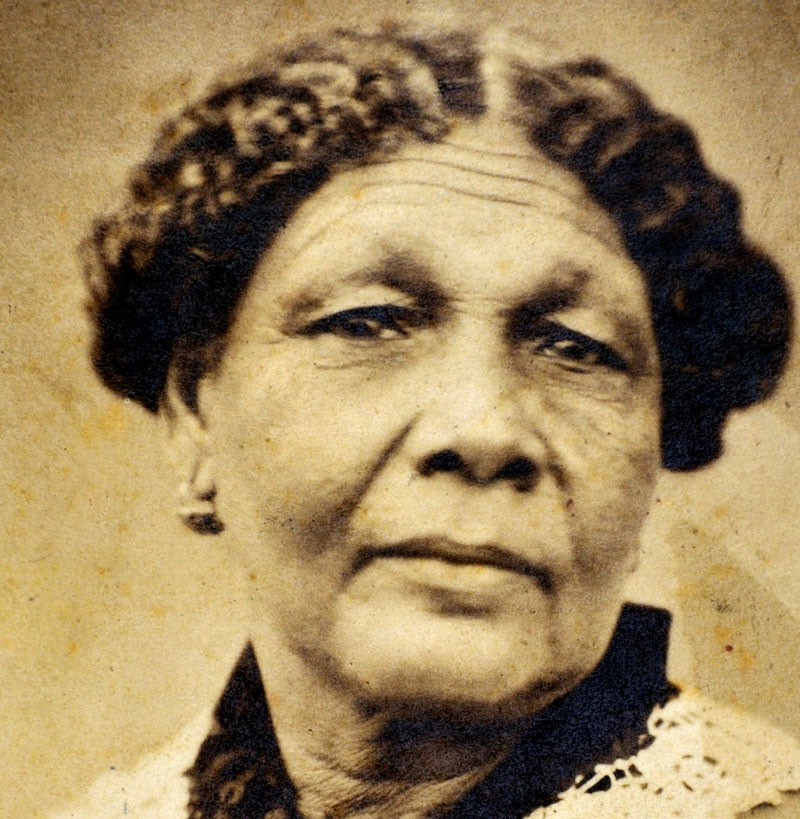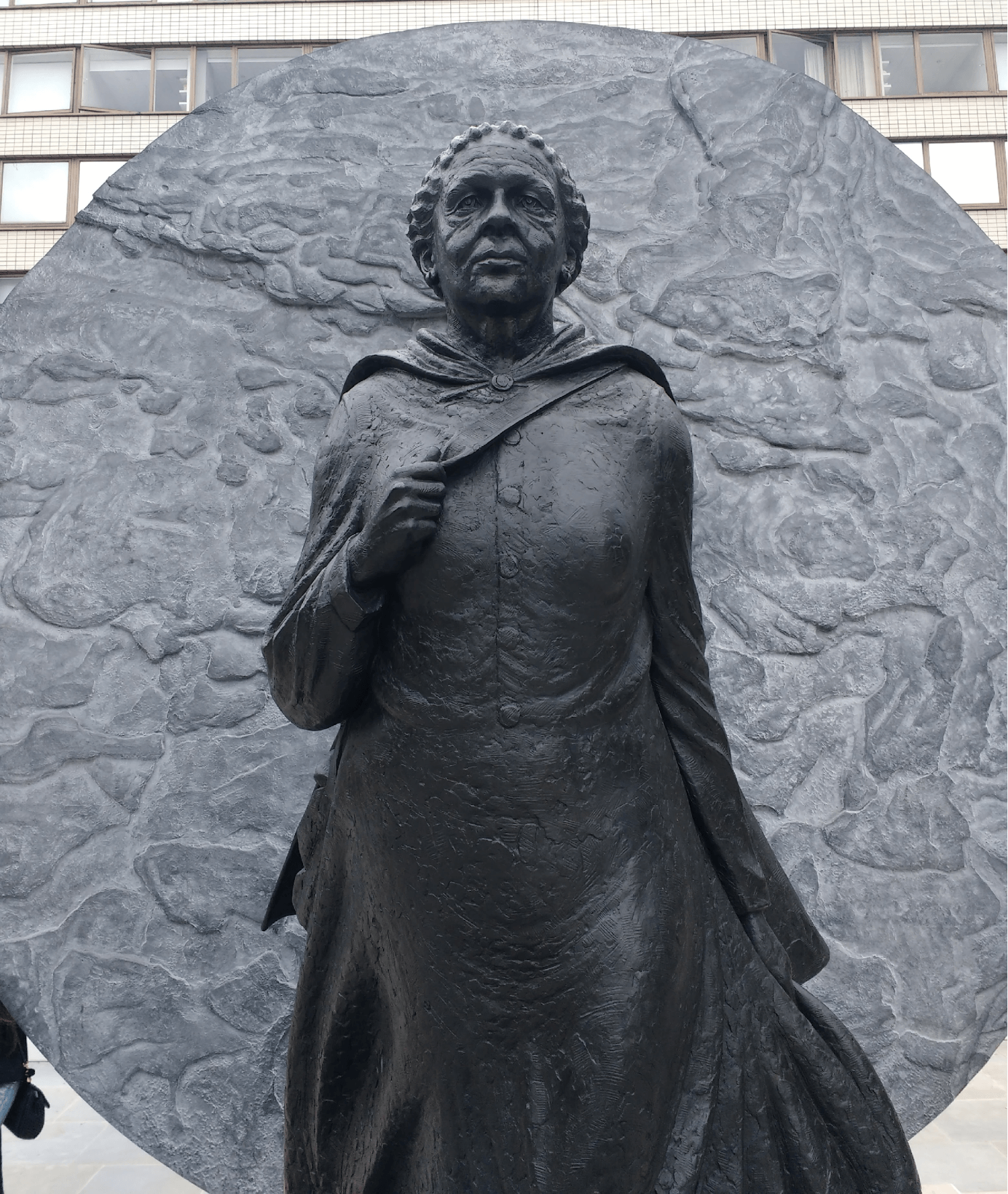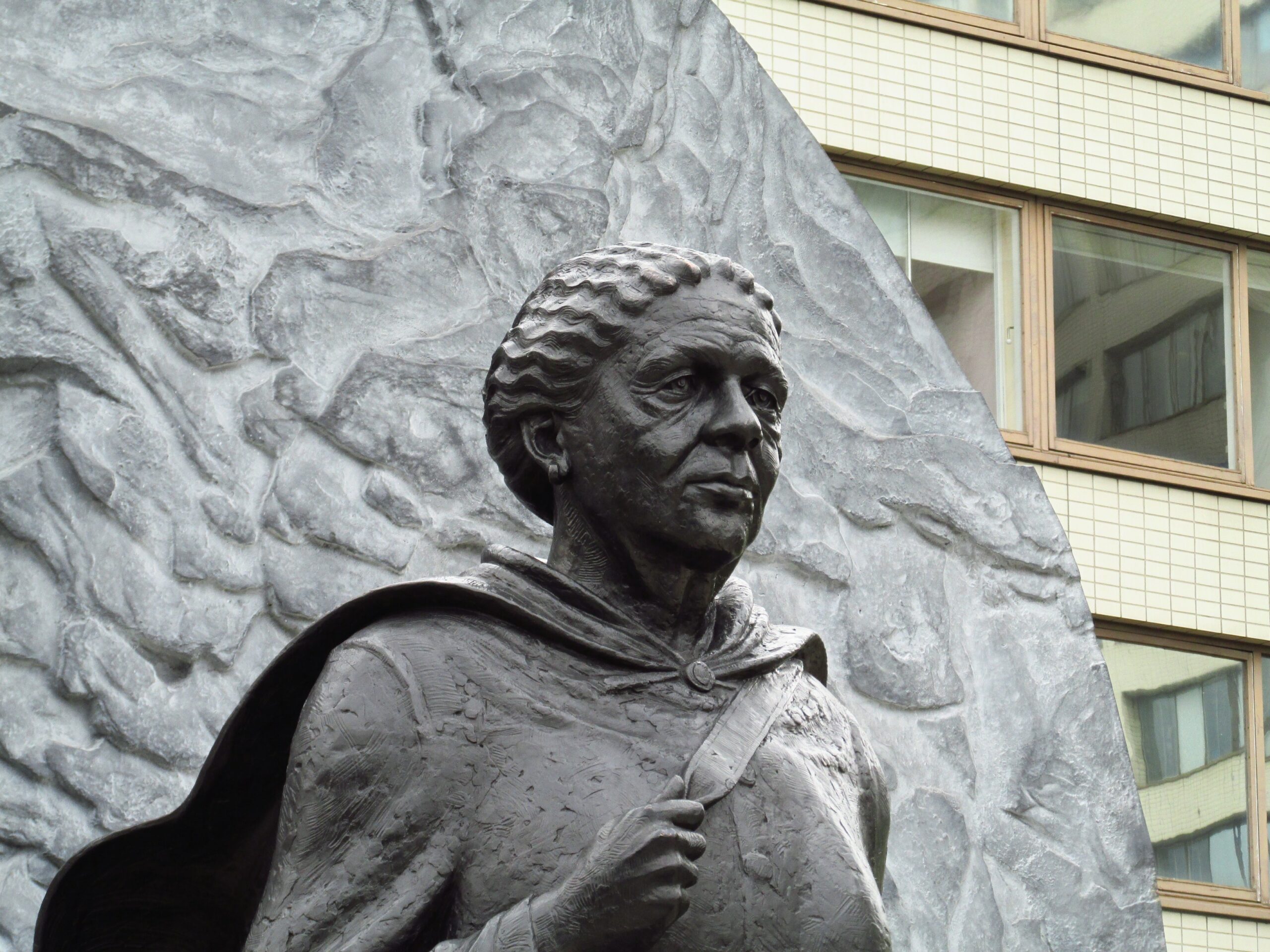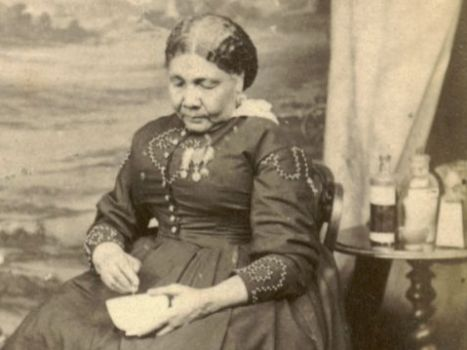Mary Jane Grant
Mary Seacole helped save dozens of lives and her work in the field of health has inspired many more. During acholera epidemic in 1850, Mary nursed many people who suffered from the illness that took almost 32,000 Jamaican lives. She then travelled to Panama in 1851 when the town of Cruces was suffering from an outbreak of the disease. Later, Mary found herself returning to Kingston in 1853 to help nurse those who were ill from the yellow fever epidemic. After being rejected to help nurse soldiers in the Crimean, she funded and made her own way to Crimea and established the British Hotel. This was a place where soldiers could seek medical treatment and have a place to recover. Mary would also sometimes nurse soldiers who were on the battlefield under fire from enemy lines.
23 November 1805
1881
Jamaica
British Jamaican
1850 – Cholera epidemic
1851 – Yellow fever epidemic
1851 to 1856 – Crimean War
Mary was interested in medicine at an early age after seeing her mother work as a healer, using traditional Caribbean and African herbal medicines to heal people in the boarding house she worked in. As a young girl, she lived in the house of an elderly woman who ensured she was raised well and had the best education available to her. In her youth she travelled around other parts of the Caribbean such as Cuba, Haiti and the Bahamas.
In 1960, when Campbell already had three children, she discovered that Cardiff Teacher Training College had started to enrol female students. Campbell applied and was one of only six female students to be admitted.
Campbell’s first teaching post was in Llanrumney. She soon returned to Butetown, getting a job at Mount Stuart Primary School, where she taught for 28 years. As a Black teacher, she experienced hostility from some parents. She said “They hadn’t seen a Black teacher before. It was as if you could do a job, but if you’re Black you weren’t quite as good.”
Campbell was inspired by a trip to the USA where she learned about anti-slavery activists like Harriet Tubman and the Civil Rights movement. When she became Wales’ first Black headteacher at Mount Stuart in the 1970s, she began teaching children about slavery, Black history and the system of apartheid which operated at the time in South Africa.
Speaking later in the Senedd, Campbell explained “I was determined that I was going to become one of those people and enhance the Black spirit, Black culture as much as I could.” Campbell helped to create Black History Month and taught a series of workshops on the role of Butetown’s citizens and their countries of origin in the Second World War.
She served as an independent councillor for Butetown on Cardiff Council from 1999 to 2004. Prior to that, she had been a Butetown councillor on Cardiff City Council, from 1991 to 1995.
Under Campbell’s leadership, Mount Stuart School raised its profile across the United Kingdom, and became a template for multicultural education. Campbell became a member of the Home Office’s Race Advisory Committee and a member of the Commission for Racial Equality.
In 1994, Prince Charles attended the school’s annual St David’s Day eisteddfod. In 1998, as a member of the Commission for Racial Equality, she was invited to meet Nelson Mandela on his only visit to Wales.
She was invited to be part of the Paul Hamlyn Foundation Commission on Education, which published a number of research papers on education. In 1993, it published the book Learning to Succeed where practice examples from Mount Stuart Primary School were cited.
She was a board member of BBC Wales in the 1980s and was made an honorary fellow of Cardiff Metropolitan University. In 2003, she was awarded an MBE for services to education and community life. In 2015 she received a lifetime achievement award from Unison Cymru’s Black Members’ group, for her contribution to Black history and Welsh
Mary was of mixed race, her mother was Jamaican, and her father was a Scottish Army officer named James Grant. Mary married Edwin Seacole who died eight years later. After returning from the Crimean war, she was impoverished but was then later saved by a fundraiser set up for her war efforts.
Old Mrs Seacole, unpretending as has been her sphere of usefulness, has a heart big enough for an empress, and a patriotism as warm and a love of military glory as intense as ever glowed in the bosom of a Spartan mother
Saturday, December 19, 1857, The Bristol Mercury, British Library Newspaper Archive.





